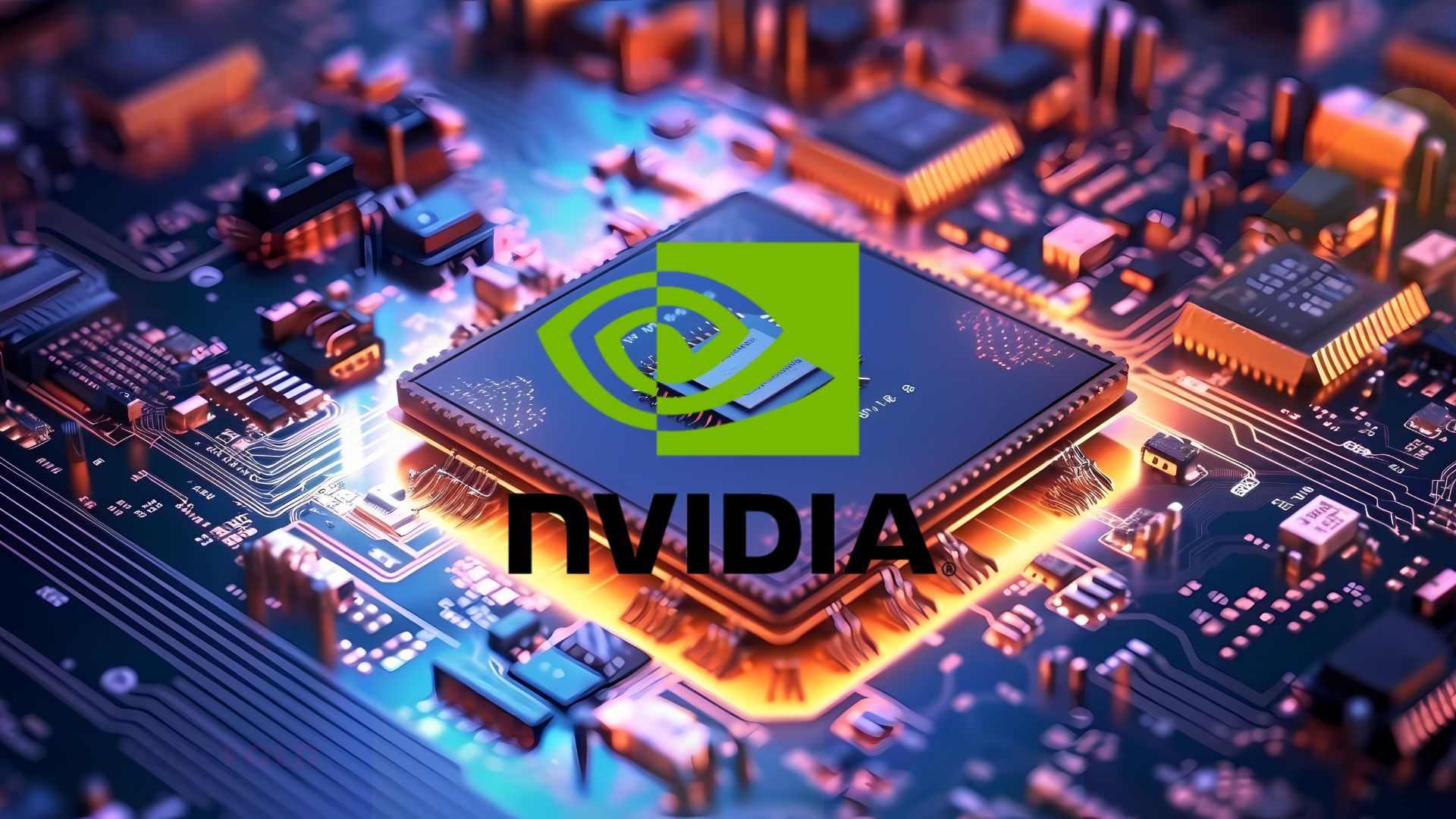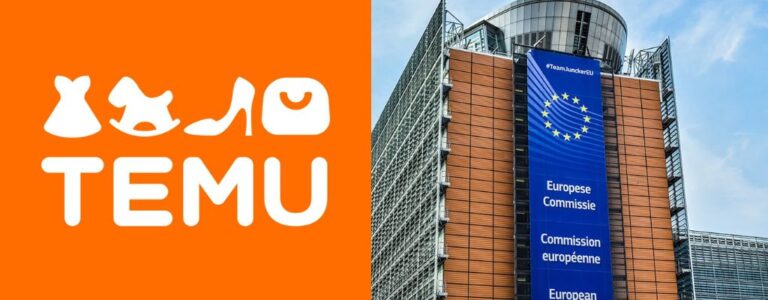Breaking: Nvidia Set to Restart H20 Chip Exports to China After Months of US Export Control Uncertainty
Nvidia is preparing to restart exports of its H20 AI chip to China, ending months of uncertainty stemming from U.S. export controls. The move, confirmed by sources close to the company, follows a policy shift permitting limited shipments of the most powerful AI processor Nvidia can legally sell under current restrictions. However, challenges remain: supply will be tight due to production halts and manufacturing reallocations by its supplier, Taiwan Semiconductor Manufacturing Company (TSMC).
What Led to the Export Freeze?
In late 2023 and early 2024, the U.S. imposed strict limits on advanced AI chip sales to China, aiming to curb Beijing’s access to technology with potential military applications. The H20 chip, designed to comply with these rules, became Nvidia’s top option for Chinese customers. But an April 2025 ban forced the company to cancel orders and halt production, leaving a gap in the market.
Now, a partial easing of restrictions—linked to broader U.S.-China trade discussions—has allowed Nvidia to re-enter the market. Yet TSMC, which diverted production lines during the freeze, can’t immediately restore full capacity. Industry sources estimate it could take up to nine months to normalize shipments.
Why Is the H20 Chip Critical for China?
The H20 isn’t Nvidia’s most advanced AI processor—models like the H100 and H200 remain off-limits—but it’s the best option available under U.S. rules. Optimized for “inference” tasks (running pre-trained AI models), the chip offers superior memory bandwidth compared to domestic Chinese alternatives, along with Nvidia’s widely adopted software ecosystem.
Chinese tech giants, including ByteDance, Alibaba, and Tencent, had been stockpiling H20 chips earlier this year amid fears of a blanket ban. The recent policy reversal provides temporary relief, but limited supply could frustrate companies racing to deploy AI solutions.
The Role of Rare Earth Elements and Geopolitics
The resumption of H20 exports coincides with U.S.-China talks on rare earth elements (REEs), critical for chip manufacturing and clean energy technologies. China dominates REE production, giving it leverage in negotiations. U.S. Commerce Secretary Howard Lutnick has acknowledged that Nvidia’s case is entangled in these broader trade discussions, suggesting a strategic compromise.
While the U.S. maintains that the H20’s controlled performance thresholds mitigate risks, critics argue the move sends mixed signals. Rep. Raja Krishnamoorthi warned that even restricted exports could erode America’s technological edge, calling the policy shift inconsistent.
What Comes Next?
Nvidia has begun reapplying for export licenses and expects to resume shipments soon, though at reduced volumes. The company is also rolling out a new “RTX Pro” chip tailored for China’s industrial sector. Meanwhile, TSMC’s production constraints mean Chinese buyers may face shortages well into 2026.
The episode underscores the fragile balance between U.S. national security priorities and corporate interests. As one industry observer noted, further policy reversals are likely as both nations navigate the complexities of tech competition. For now, Nvidia regains a foothold in China—but with strings attached.







